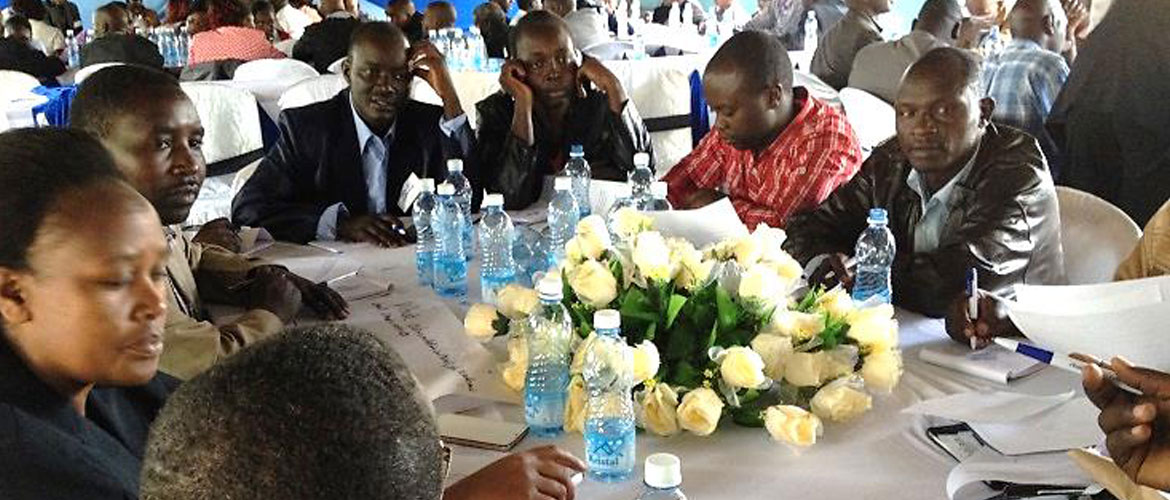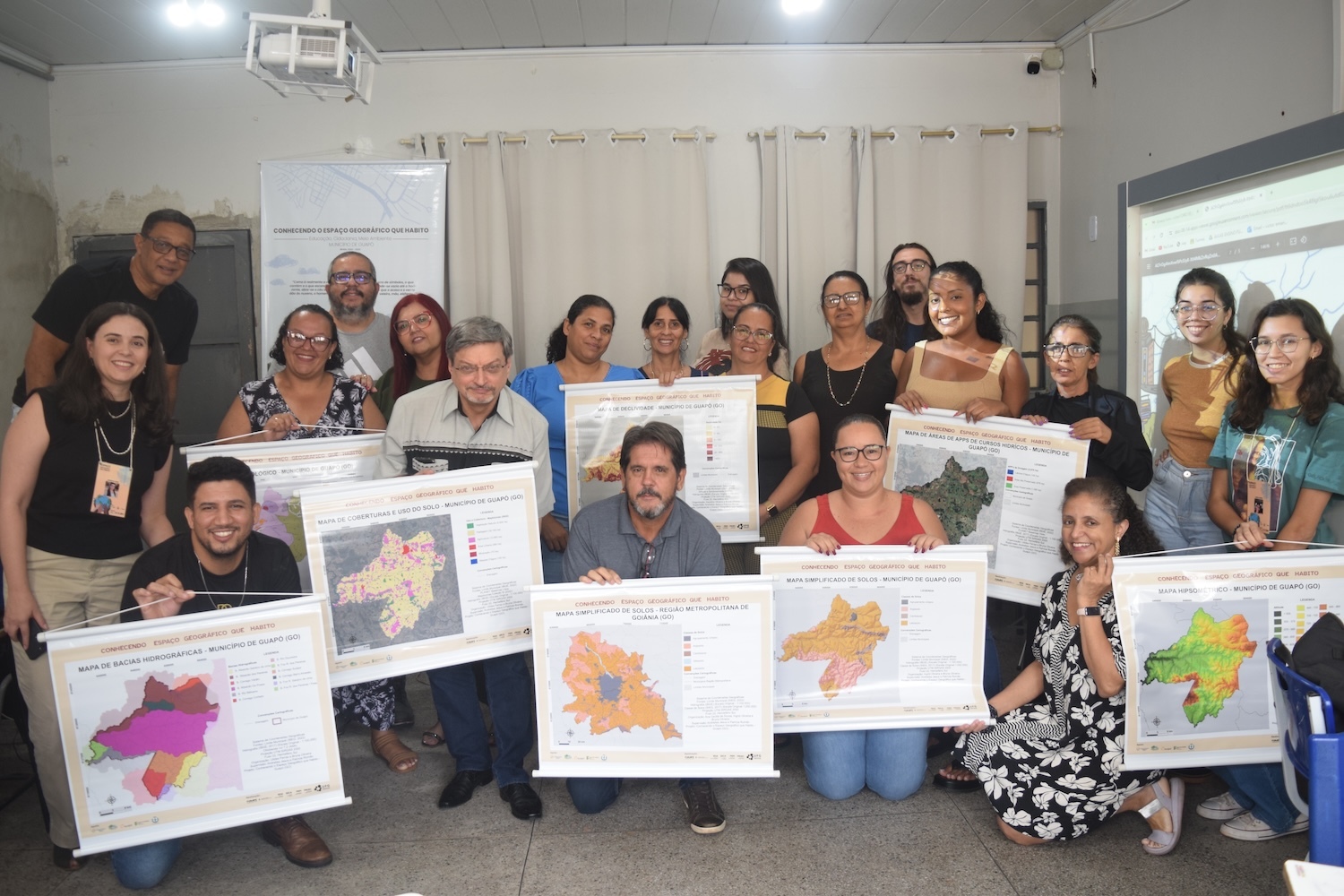Life skills such as good citizenship, environmental consciousness, honesty, respect, relationship skills, sexual responsibility, and leadership capacity are important for the education of the whole child, agreed educators at the UasinGishu/Nandi County Education Stakeholders Life Skills Review Forum in Nandi Hills, an urban settlement in eastern Kenya, on August 21, 2015.
Global Peace Education, a division of the Global Peace Foundation, in partnership with Chalan Foundation, facilitated the Life Skills forum. Both are committed to improving education outcomes in Kenya schools. The Chalan Foundation is an international NGO helping to improve the lives of students, families, and communities in Kenya. The Global Peace Foundation’s signature Character and Creativity Initiative seeks to make education more relevant in the twenty-first century by integrating character and creativity into all aspects of school culture, shifting the focus from pure academics to the development of the whole person.

Key education stakeholders participate in the UasinGishu/Nandi County Education Stakeholders Life Skills Review Forum.
With support from Kenya’s Ministry of Education, Science and Technology, the forum brought together education stakeholders from the Kenya Secondary School Association, Kenya National Union of Teachers, Kenya Union of Post Primary Education Teachers and the Local Administration to review the progress made in county governments towards achieving National Character Education Goals through the Life Skills Curriculum’s impact in schools.
The Life Skills Curriculum was introduced to schools by the Kenya Institute of Curriculum Development (KICD) for purposes of instilling good character and positive behavior among secondary school youth, a task that proved challenging. The program is key in modeling moral leaders and enhancing social development in Kenya.
In opening remarks, the Patron of the Chalan Foundation, Mrs. Koske, spoke about the important role teachers have as “molders of society,” especially as student drop-out rates are on the rise. She said the Life Skills Program has proven to help reduce these rates.
Other education representatives also gave credit to the Life Skills Program. Sarwat Secondary School Principle Patrick Shiribwa affirmed the benefits of incorporating life skills into academic settings and referred to standards laid out by the Global Peace Foundation’s Character and Creativity Initiative. “Life skills teaching can transform a school in terms of character and creativity,” he said. “Students who can define their values and understand their behavior are more likely to succeed in academics and try out different extracurricular activities in the school.”
At the closing, Dr. Nthamburi, Deputy Director of the Kenya Institute of Curriculum Development, noted that although there are challenges with the implementation of the program, the task is essential as “Without caring for the moral values of our learners, the nation has no future.”
Later in the program, Global Peace Education Kenya Director, Caroline Amollo, facilitated breakout sessions, in which participants discussed the challenges they faced in schools and recommendations for classroom success. Teachers and principals encouraged the Ministry of Education and the Kenya Institute of Curriculum Development, implementers of the program, to provide capacity-building workshops in modern technology.
| The Chalan Foundation established the Life Skills program in 40 schools in Uasin Ngishu and Nandi Counties. Chalan Foundation has been working with Global Peace Foundation which has established the Character and Creativity Initiative (CCI) across 41 schools in 10 Counties in Kenya with a goal to ensure that secondary school youth graduate with 21st Century employable skills and the ability to succeed in life and work. |



